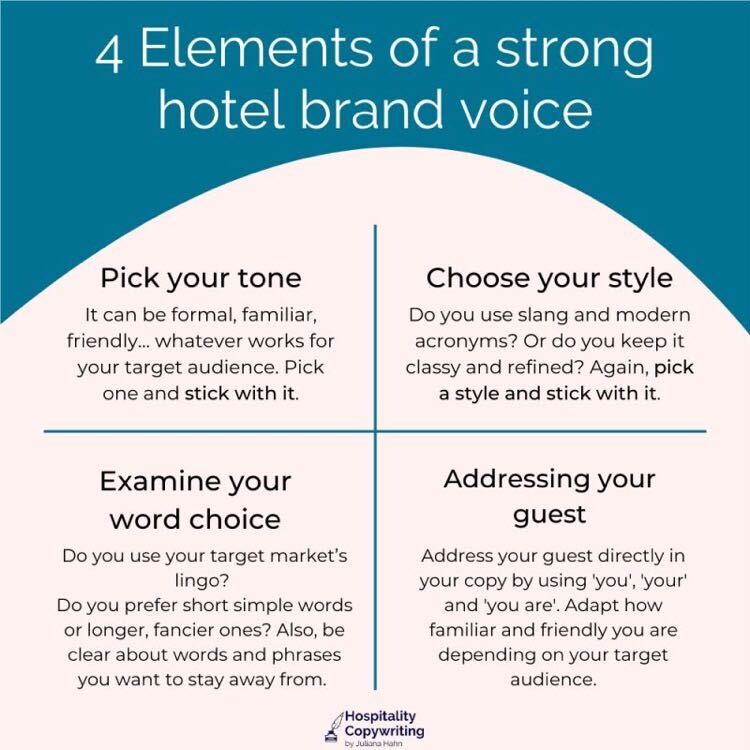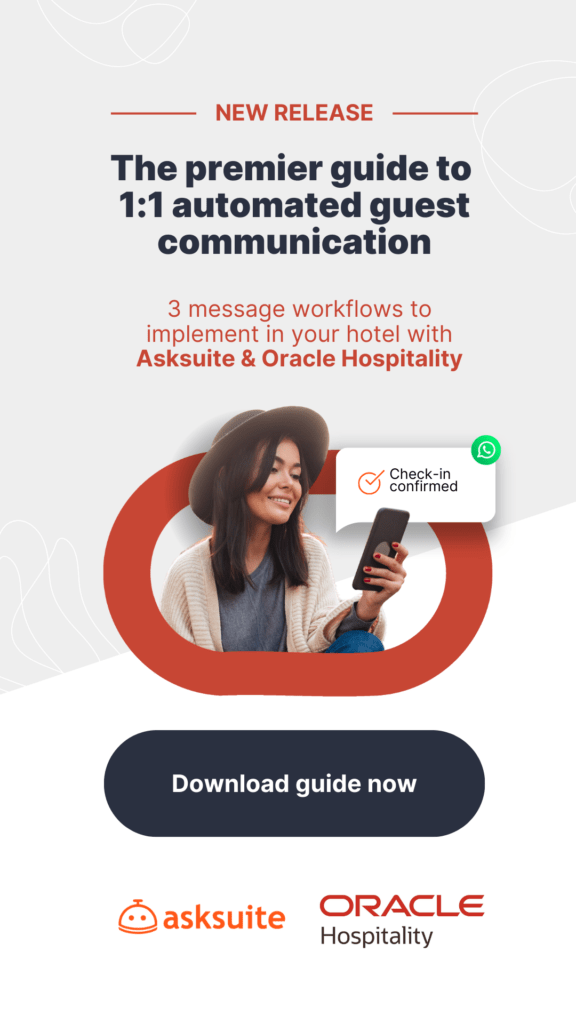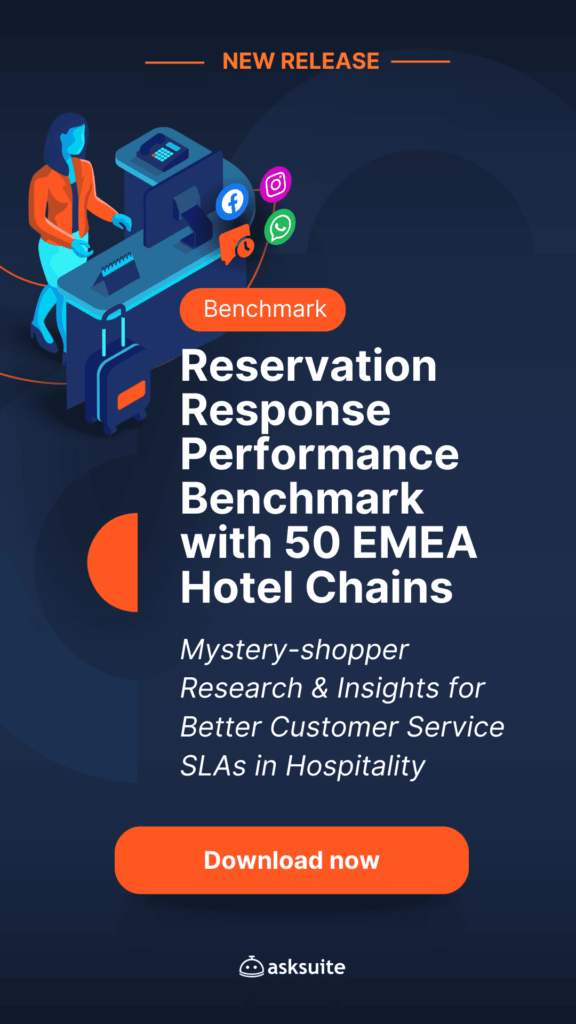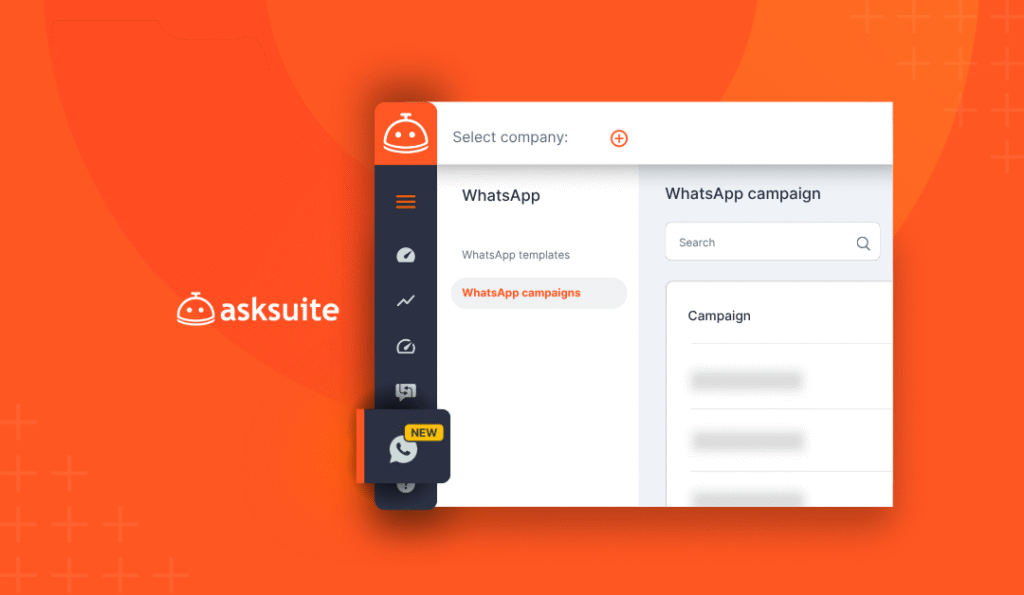These days, when so much information is at our fingertips, it’s more important than ever that hotels have an impactful online presence and a one-of-a-kind user experience. Travelers expect much more than price range and good pictures on your website.
Your hotel needs to allure potential visitors with the promise of an experience worth their time, and keep them engaged for as long as it takes with a well-thought-out marketing strategy.
However, as soon as hoteliers start thinking about a marketing strategy, the question arises—should they invest in an in-house marketing team or opt for an outsourced marketing agency?
The idea of having a dedicated agency solving all marketing problems for you sounds tempting, but having your own creative team has its perks as well.
If, like many hoteliers, you’re at an impasse about your approach, you’ve come to the right place. We bring you the advantages and disadvantages of both marketing options so that you can make an informed decision.

No matter who you choose to do your marketing, here are some important components to consider:
- Advertising
- Lead capture and segmentation
- Branding strategy
- CRM
- SEO
- Social Media
- Events
- Email marketing
- Website
Here’s a free ebook explaining how online marketing channels can help you with direct bookings. Click to download.
What is the difference between in-house and outsourced marketing for hotels?
In-house marketing happens when you hire your own marketing team to design strategies and handle customer service for you.
Outsourced marketing involves hiring an agency to handle your marketing demands under a contract. Such agencies can be niched in the hospitality industry or not.
Pros of in-house marketing for hotels
1. Unique Knowledge
No agency will ever transmit the voice and essence of your business as well as you can. There is a huge gap when it comes to specific pre-stay questions. Once you delegate that to a third party, some interactions might sound too vague.
Whereas, if your own people are answering these questions, the flow will be seamless, and you’ll sound friendly and professional.
2. Exclusivity
A marketing agency typically has a big client list, which means that only part of their time is directed to your leads, website, social media, and any other service you request.
When you keep it in-house, though, you’ll have a team 100% focused on your marketing strategy and customer service. This way, you have full control of deadlines, deliverables, and campaigns.
3. Data security
If you keep your marketing in-house, all data from CRM systems and client databases is safely kept with you.
Granted, no one is immune to cybercrime, but when you eliminate outsourcing, you avoid potential risks. You never really know what goes on behind the scenes, so proceed with caution when sharing client data with an agency.
Build your Ideal Guest Profile based on data analysis. All you have to do is fill out our free template with the information about your potential and existing guests, and voilà!
4. Brand identity
If your marketing is done in-house, your staff already speaks the same language and knows how to transmit the voice and uniqueness of your hotel.
Not only written content, but videos, images, social media and AI assistants’ responses, ads, etc. should be standardized and customized. This will help clients feel right at home.

Source: Hospitality Copywriting
Cons of in-house marketing for hotels
1. Additional costs
If you have an in-house team, you need a marketing manager, a content writer, a social media and email marketing specialist, an SEO analyst, and so on.
That means you have all these additional salaries to include in the budget. Even though the quality tends to be much higher, you also have vacation time, training, as well as all the event costs to consider.
Need some help recruiting the right people? Jeremy Nichols, Gecko Hospitality Recruiter and Florida’s Top Hospitality Headhunter, shares the best soft skills to look for in hotel professionals in episode #6 of Hotel Cast! Explore!
2. Data analysis
Whether you are new or experienced in marketing, one thing is for certain—it’s only by understanding your leads that you can cater your business to your audience.
If your in-house marketing team doesn’t look at data, then you should hire an agency to take care of it. Data analysis translates into higher profits and better practices, and most importantly, happier customers.
3. Founder’s syndrome
This occurs when hotel owners take on a disproportionate amount of responsibility when it comes to making decisions about their hotel. From your perspective as the hotel owner, no one shares the passion for your business quite like you do.
Even though it’s probably true, remind yourself that being a great hotelier doesn’t mean you’re a great marketer. If not interfering seems impossible, outsourcing your marketing may be the better option. A fresh outside perspective can help any business.
Recommended: Our article, The In-Depth Guide To Hotel Management And How To Be A Great Manager covers operations, software, automation, certifications, leadership soft skills, and more! Dive in!
Pros of outsourced marketing for hotels
1. Marketing expertise
If the marketing agency is truly good at what they do, it will always be in their best interest to see you grow.
With inevitable questions about your numbers, strategies, and next-steps, specialists can help you see strengths and weaknesses in your marketing.
Unless you have the budget to hire experts, there will inadvertently be some trial and error with in-house marketing.
2. Latest tech
You have customers to satisfy and a business to run, making it difficult to stay up-to-date with the most effective tech out there.
When you work with an agency, they’ll bring this to the table, since they’re constantly searching for optimal ways to keep up with new market demands.
With an in-house marketing team and a limited budget, it might be challenging to identify and invest in the latest tech.
3. Added bonuses
When you run your marketing in-house, sometimes it just isn’t possible to get the best tech and resources out there.
A marketing agency, though, can offer you added benefits you’d never dream of when managing all systems and platforms.
For example, this might include video editing programs and optimized web design, bringing in data from high-impact software with skill sets you could never hire, even partnerships with influencers.
Cons of agency marketing
1. Compromises involved
Contrary to what most business owners think when they envision hiring a marketing agency, they won’t get a “yes” to every request. This can cause a lot of friction on both sides.
Your agency can advise you, and agree on contract terms and deliveries, but you’re not their only priority. You must establish well-defined business goals from the first point of contact.
If your goals are still unclear, we advise you not to go to an agency. Instead, redirect your focus and keep your marketing in-house—it might save you time and money.
2. Non-stop marketing
Marketing is about keeping your business alive in a world which, like it or not, has become fully digitalized.
Partnering with a marketing agency doesn’t take you off the hook. It’s still your business, and you’ll continue to get selling and upselling opportunities, so a qualified team is essential.
Most marketing agencies will work with a contributing approach where both sides must compromise. You still have to handle your business and customers with care, helping it grow, and keeping the essence alive.
3. Long-term thinking
In all honesty, most marketing campaigns require a ROI strategy, but agencies have to set and enforce a timeline to implement the necessary changes.
It’s likely that your marketing agency won’t be at your beck and call like an in-house team. Depending on your contract, they might charge extra for urgencies or may be unable to cover a new demand altogether.
For instance, imagine you have to retrace some steps or put up a last-minute campaign (i.e. your hotel wins an unexpected award). What would be the solution then?
4. Close monitoring
A marketing agency needs to come back to you with performance reports, leads, results, ROI strategies, with a clear read on the collected data.
It’s a two-way street. Establish a control system with access passwords, keeping an eye on deadlines. In fact, you should own all accounts related to your business, tracking promised results and data monthly.
So, which one is better: In-house vs agency for hotels?
Unfortunately, there’s no straightforward answer because it depends on the peculiarities and size of your business.
By taking a look at the pros and cons of each marketing model, the answer should be more obvious. In any case, here’s a friendly reminder—no matter which strategy works best, both require your investment, and neither will be 100% guaranteed.
That said, you might even opt to keep the majority of your marketing in-house and outsource sometimes.
Carefully consider the costs for both options to determine what makes more sense for your hotel in the short and long terms.
To sum up, when deciding the best marketing strategy for you, remember to map out needs and goals, benchmark, and calculate marketing costs, such as channels and tools.
Now that you’re fully informed, which option is best for your hotel? Leave a comment.







